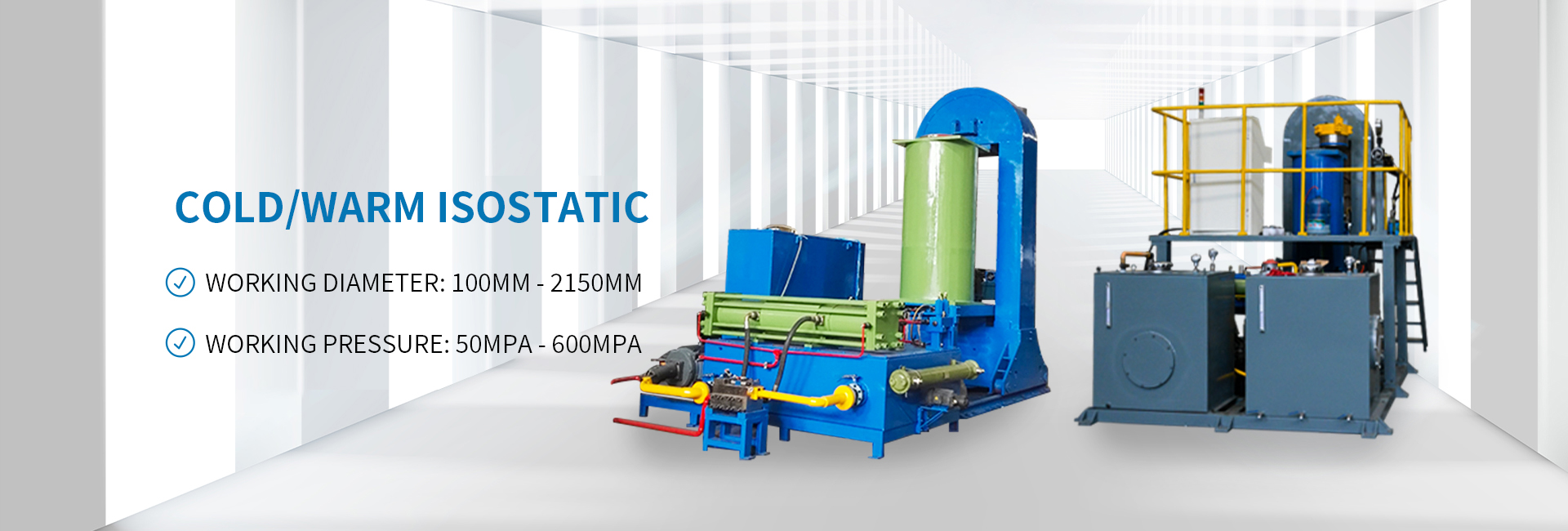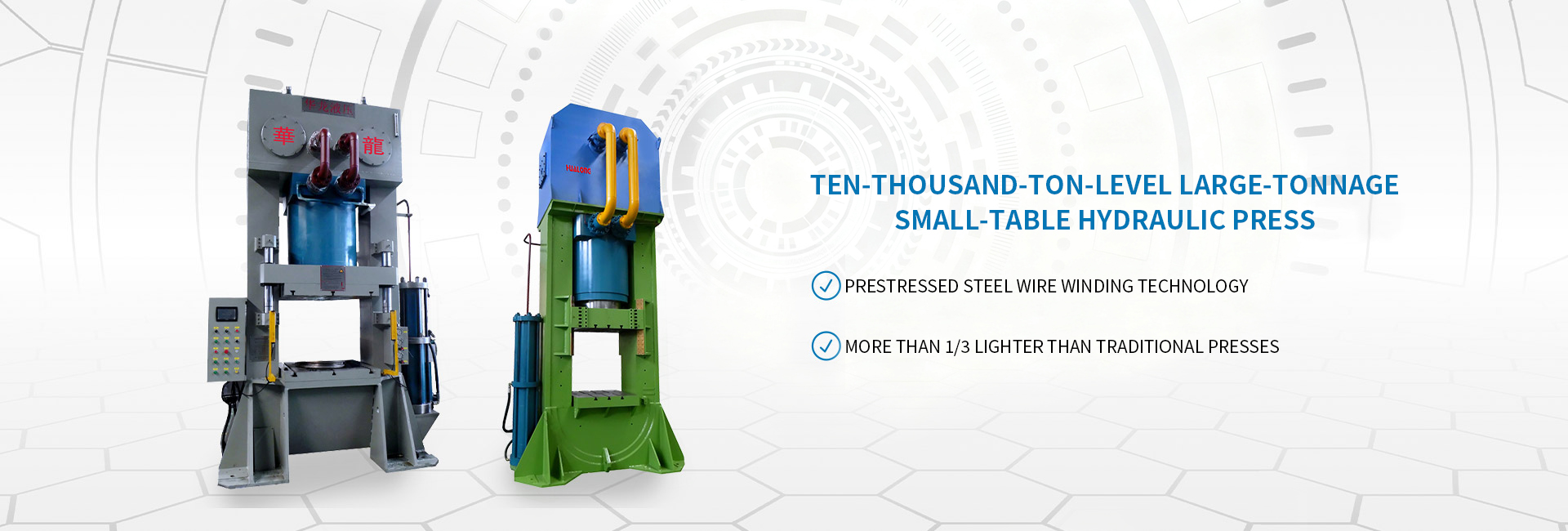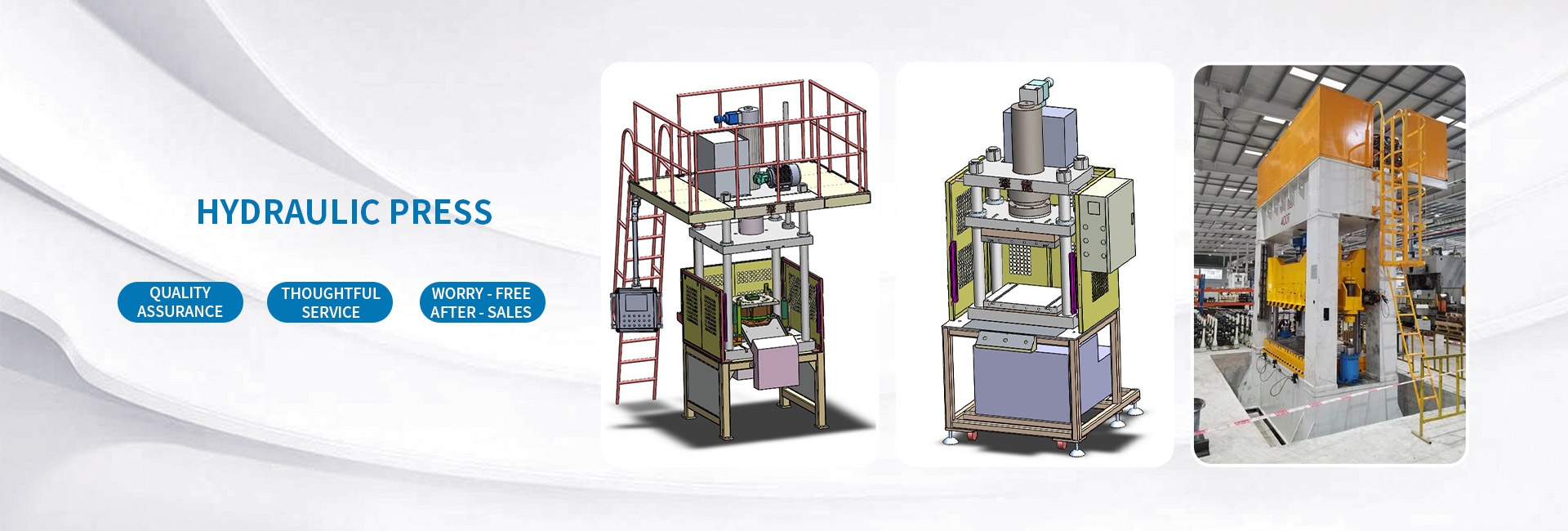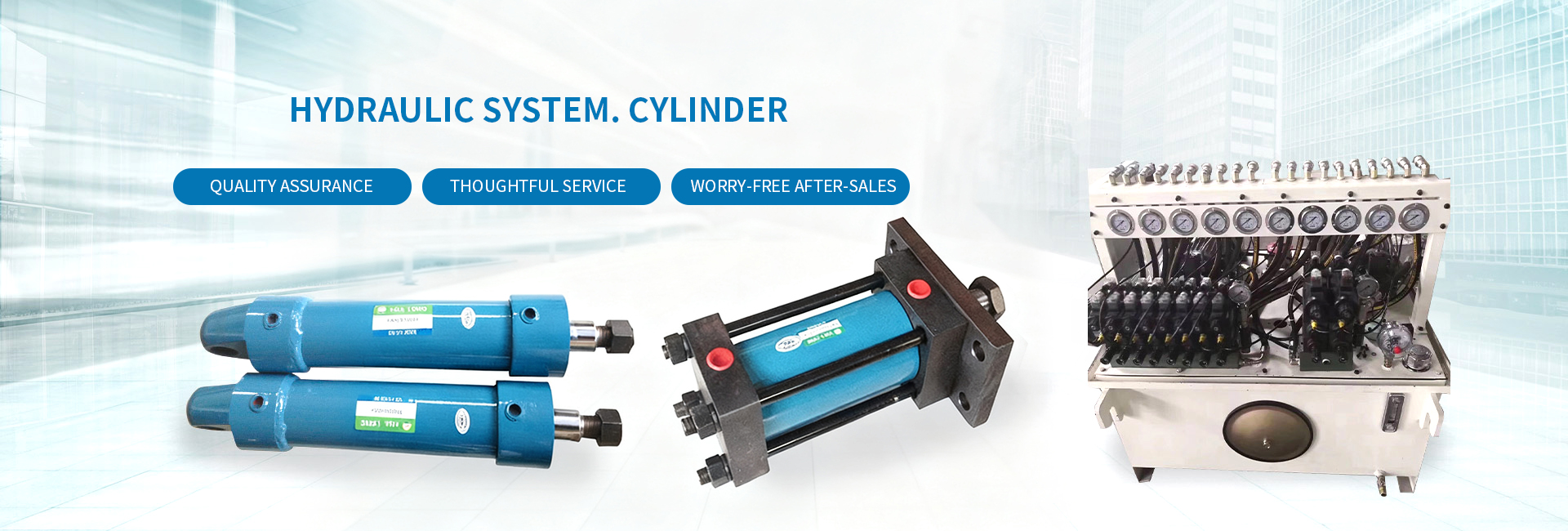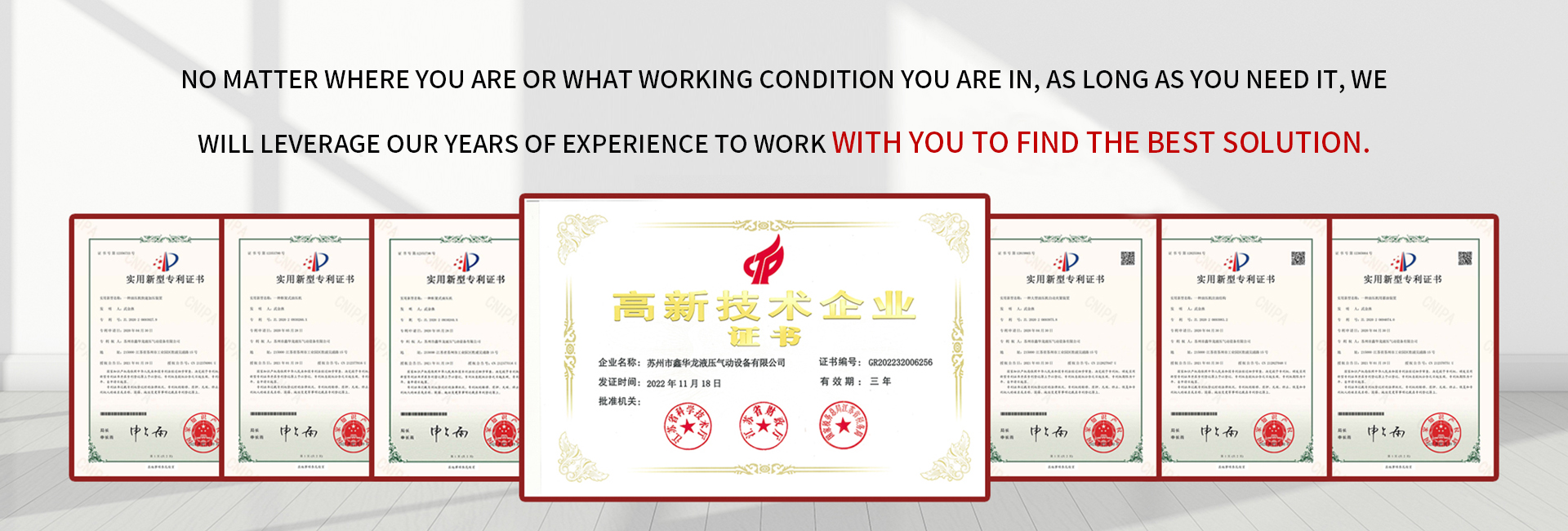Leakage: Leakage in hydraulic systems is a common issue, which may cause the system to fail to operate normally and lead to high heat. Leakage will cause the system pressure to drop, and the hydraulic pump will need to work more to replenish the leaked liquid, which will generate more heat.
2. System overload: If the system design is unreasonable or the workload exceeds the system's rated capacity, it may lead to system overload. Overload can cause hydraulic equipment to work frequently, generating a large amount of heat and subsequently leading to high-temperature problems in the system.
3. Hydraulic oil contamination: If impurities, moisture or gas are present in the hydraulic oil, it will affect the normal operation of the hydraulic system, increase wear and friction, and thus lead to high heat problems.
4. Improper hydraulic maintenance: The maintenance and upkeep of the hydraulic system are of great significance. If the hydraulic oil is not replaced regularly or the filter is not clean, it will lead to a decline in oil quality and subsequently cause overheating issues.
The methods to solve the problem of high heat in hydraulic systems include:
1. Inspect and repair leakage issues to ensure the system's sealing performance and working efficiency.
2. Ensure that the system design and workload are within the system's capacity to avoid overloading.
3. Regularly change the hydraulic oil and pay attention to keeping the oil clean to ensure its good quality.
4. Inspect and clean the filters in the hydraulic system to ensure the smooth flow of oil.
5. Use appropriate heat dissipation equipment, such as radiators or coolers, in the hydraulic system to control the system's temperature.
Please note that if you need more detailed advice on specific applications or equipment involving high heat issues, it is recommended that you consult a professional hydraulic engineer.

